Analytics + AI to Improve Outcomes and Impact Lives
We implement strategic enterprise AI and analytics solutions for healthcare and human services.
Our Team of Experts
United by Purpose. Driven by Data.
Our team has lived the real-world complexity of healthcare systems and processes from our experience at leading healthcare organizations. We bring deep knowledge of HIPAA-compliant architectures, policy constraints, and industry practices that make healthcare and social services unique. We’ve built systems that serve millions.
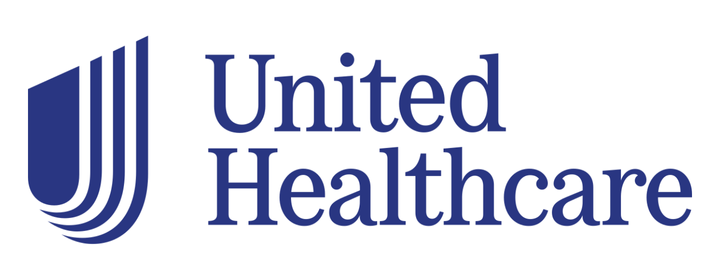
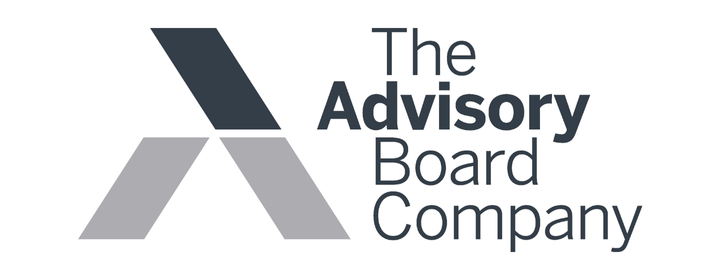





Own Your AI Strategy
Keywell provides HIPAA-compliant AI scaffolding and and partnership support for AI automation.
Our clients can quickly deploy custom purpose-built AI systems for specific tasks—like automated claims data analysis, eligibility validation, and member communication.
The Keywell option provides AI ownership in a non-SaaS model, deploying on top of our client data and cloud infrastructure for futureproofing and long-term optionality.
Our Domains
Our healthcare Analytics and AI solutions are grounded in domain knowledge and expertise required for successful implementation.

Healthcare Data Expertise
Claims, EHR, and price transparency expertise: We have deep experience translating messy, multipayer data streams into unified insights.

AI and Predictive Insights
We deploy production-ready HIPAA-compliant AI and ML models, quickly and securely, within your existing cloud environment.

Value-Based Care Analytics
We know how to uncover shared savings and improve patient outcomes with models that identify opportunities for smarter care and meaningful interventions.
Who We Work With
Collaborating with stakeholders across the healthcare ecosystem to optimize data integrity, compliance, and cost efficiency.
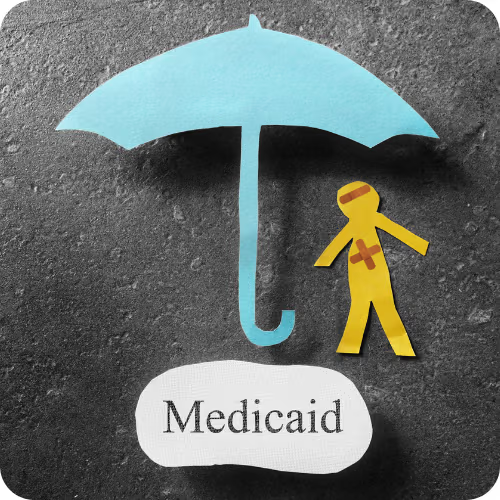
Medicaid and HHS Agencies
Modernize analytics systems, automate workflows, and contract management.

Payers
Automate operations, reduce wasteful spending, manage networks, and effectively engage with members.

Providers & MSOs
Unify EHR and claims data to improve care coordination, revenue cycle management, payer reimbursement, and regulatory reporting.

Healthcare Technology Companies
Partner on AI, analytics, and research and development for healthcare data and AI products.
Meet Our Clients
Trusted by industry leaders and innovators who are transforming healthcare through data-driven strategies.

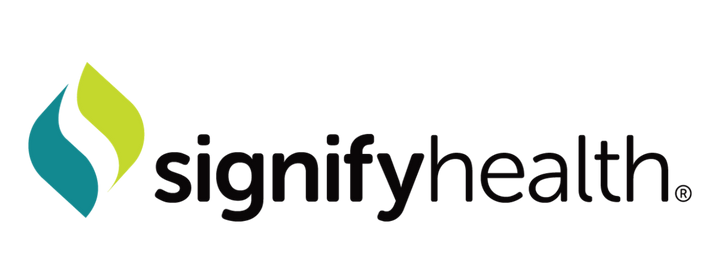
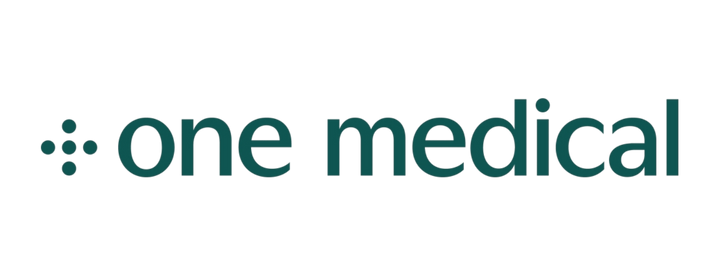
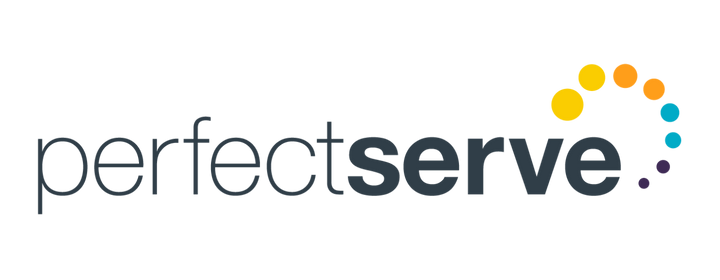

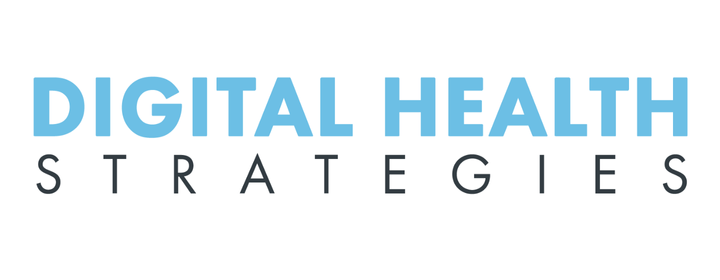
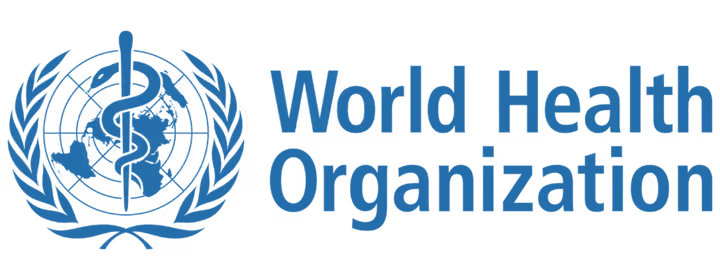

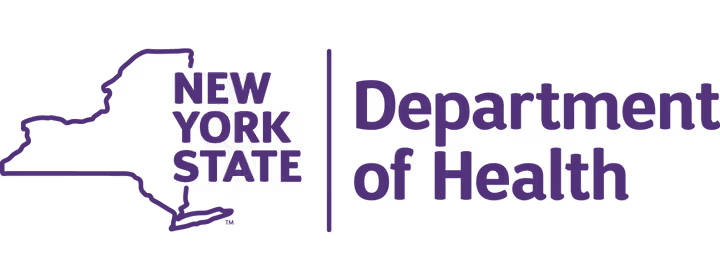
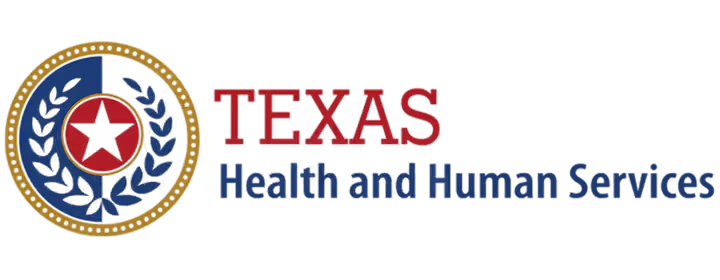
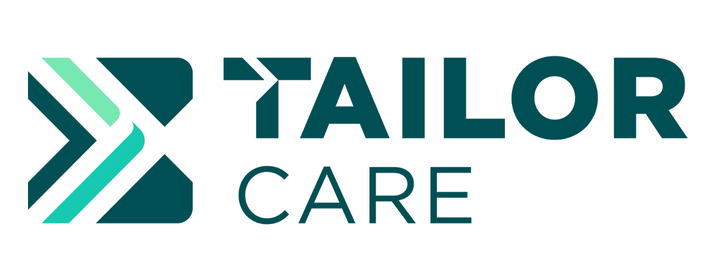
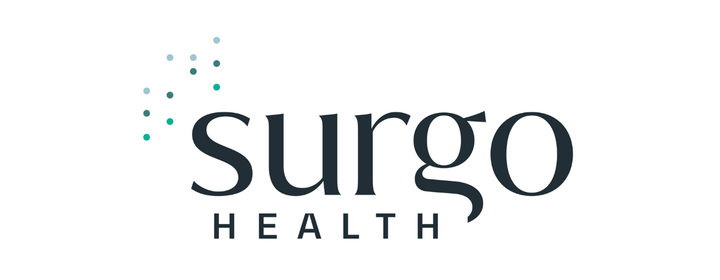

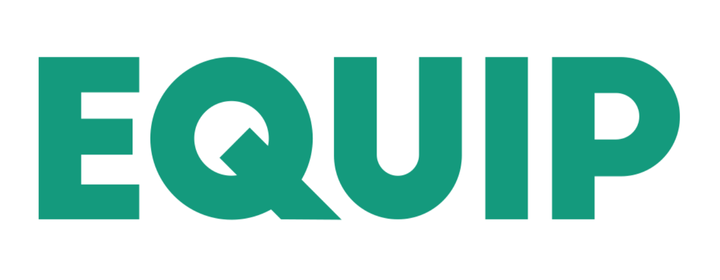

What Our Clients Say about Keywell
[Keywell] was able to help us inventory our data in legacy systems and parse out data that previously had been challenging to obtain to better understand how our product was bringing value to our customers. Separately, Keywell prototyped new dashboards in a platform new to us and was able to integrate data that was previously unavailable. We valued working with Ashley for her healthcare industry experience, technical knowledge, and ability to help us strategize at a high level while bringing immediate value to the organization.

[Keywell] helped us assess our early analytics strategy and data needs and subsequently helped us revamp our reporting systems to improve our team and customer analytics. We were able to better quantify the impact of our platform in connecting individuals with social care needs to organizations that can help. Keywell was uniquely capable of applying advanced analytics methods to our data, developing a model that combined findhelp and population health data to demonstrate predicted improvement of healthcare outcomes with increased access to healthy food. Keywell also helped us develop interactive dashboards that we display on our public website for researchers and customers to analyze search volume and trends. I would highly recommend Keywell as an analytics services partner.

Tom Fisk is wonderfully reliable, insightful, efficient, and effective. In our experience working together, I was grateful for and impressed by Tom’s careful listening and thoughtful contributions to our work. He is an expert in his field and wonderfully collaborative. Time and again, Tom demonstrated a highest-level mastery of the integrated technology domain, related markets, and equally high-level skill in communicating with other organizational leaders. If I were to get the chance to work again with Tom Fisk, I’d take it in a heartbeat.

Ashley did an outstanding job in leading the data integration for the Medicaid program and the Women and Infant Children (WIC) program project. She showed excellent communication and presentation skills. Ashley prepared and presented the project findings and overview to all levels of HHS IT, Medicaid and WIC program management and executives. This project was considered a complete success for HHS and the CDA team.

Keywell was instrumental in helping us build our data infrastructure from the ground up—from selecting our system architecture to integrating data ingestion tools, analytics, and BI. They truly took the time to understand our business needs, especially around providing better visibility into the impact of our community navigators and creating a data-driven approach to measuring outcomes. Beyond execution, they were fantastic strategic thought partners throughout the process. We highly recommend working with them!
I just wanted to take a moment to highlight how fantastic Tom has been on the [state government data analytics] project. He’s consistently proactive, always ready to jump in, and puts together great work for the team. The client seems really pleased with the results! Thank you!!!

Explore Expert Opinions
Explore expert opinions and in-depth insights shared by our team—read more today.

Keywell.ai Launches Health AI Scaffolding Initiative and Opens Applications
Home Case Studies Share Now: Keywell.ai Launches Health AI Scaffolding Initiative and Opens Applications AUSTIN, TX [December 22, 2025] – Today, Keywell.ai announced the launch

HHS Released an AI Strategy: This is the Keywell Approach to Pillar #2 – Infrastructure
Home Case Studies Share Now: HHS Released an AI Strategy: This is the Keywell Approach to Pillar #2 – Infrastructure HHS just released their “OneHHS”

The Cost of AI That Doesn’t Launch: How to Get Unstuck with Thoughtful Infrastructure
Home Case Studies Share Now: Healthcare organizations are investing in AI faster than ever. AI spending reached $1.4 billion in 2025, which is almost triple

Keywell.ai Officially “Built On Databricks” — Delivering the Scaffolding for Confident Healthcare Innovation
Austin, TX — November 12, 2025 — Keywell.ai, the platform giving healthcare organizations the confidence to build smarter, safer digital solutions, today announced its acceptance

Keywell.ai launches: Building the Future of Healthcare with AI Scaffolding
The first healthcare-native AI platform to overlay enterprise data and systems, giving organizations control and the power to scale.

CMS Announces Latest Strategic Direction for Healthcare
The CMS Innovation Center released its new strategic direction on May 13, 2025, outlining an ambitious plan to “Make America Healthy Again” through value-based care
Learn more about Keywell
We provide strategic data science and analytics services to help healthcare organizations improve outcomes and impact lives.
